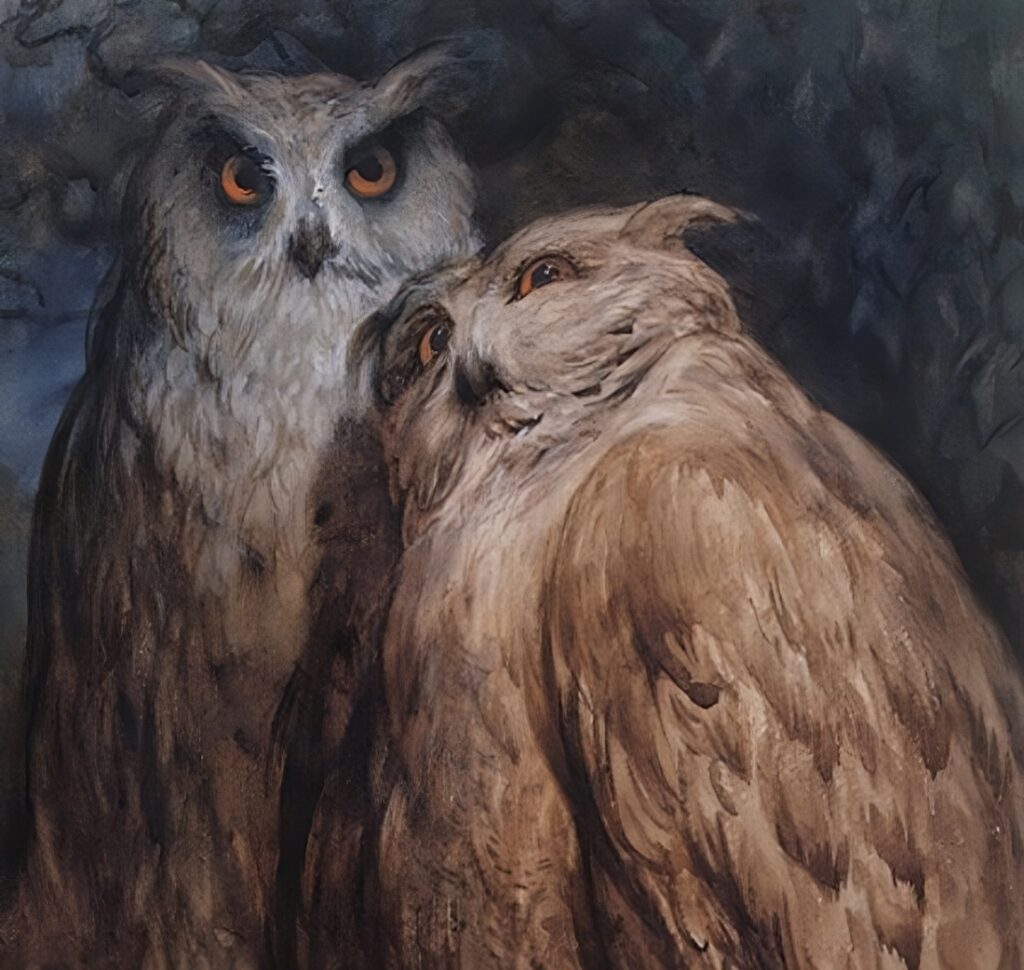Edgar Allan Poe? Jonathan Swift? Mary Livingstone? Oscar Levant? H. L. Mencken? Anonymous?

Question for Quote Investigator: Creating humorous puns is difficult which may help to explain why detractors are so harsh. A wit once said:
Those who most dislike puns are least able to utter them
The master of the macabre Edgar Allan Poe said something like this. Would you please help me to find a citation and determine the precise phrasing?
Reply from Quote Investigator: In 1845 Edgar Allan Poe published “Marginal Notes.—No. 1” in “Godey’s Lady’s Book”. Poe was unhappy that some literary critics were attacking originality. Boldface added to excerpts by QI:1
All true men must rejoice to perceive the decline of the miserable rant and cant against originality, which was so much in vogue a few years ago among a class of microscopical critics, and which at one period threatened to degrade all American literature to the level of Flemish art.
Of puns it has been said that those most dislike who are least able to utter them; but with far more of truth may it be asserted that invectives against originality proceed only from persons at once hypocritical and common-place. I say hypocritical—for the love of novelty is an indisputable element of the moral nature of man . . .
So Edgar Allan Poe employed a version of the saying, but he disclaimed credit by using the phrase “it has been said”. The originator remains anonymous, but the statement may have evolved from a remark attributed to the famous Irish satirist Jonathan Swift.
Below are additional selected citations in chronological order.
Continue reading “Quote Origin: Those Who Most Dislike Puns Are Least Able To Utter Them”







